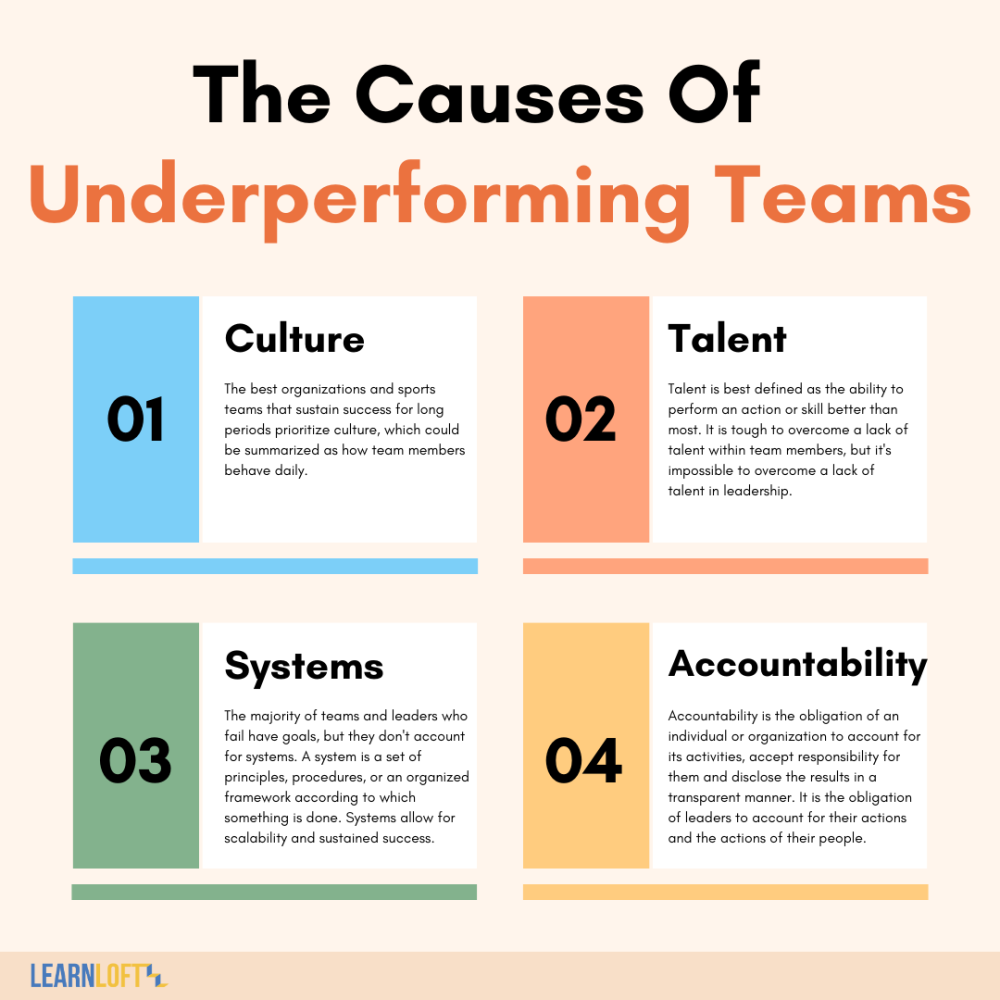
3 Things You Must Remember Following Lackluster Results
Great leaders eventually get results.
Some combination of competence, planning, execution, focus, accountability, hard work, and inspiring others is critical to positive outcomes. However, there is often a myriad of factors outside a leader's control that can create lackluster results.
Some legitimate reasons for failure include market changes, lack of funding, product failures, and regulatory changes, to name a few. While no leader desires any of these on themselves or their team, Winston Churchhill reminds us, "Success is not final, failure is not fatal: It is the courage to continue that count." His point is the exact reason for a failure is less important than how a leader responds to that failure.
One of my favorite principles to coach and teach leaders to embrace this mindset comes from a powerful yet simple equation.
E + R = O
What it stands for is Event + Response = Outcome
It was an equation I learned about in Viktor Frankl's Man's Search for Meaning and then through wise teachers like Jack Canfield and Tim Kight. The key to producing better outcomes isn't trying to control the events; what matters is better responses from people.
The Root Causes of Underperforming Teams

Before we get into the things to remember after getting lackluster results, it's first essential to explore the likely root causes of lousy results in a leader's control.
-
Poor Culture - Peter Drucker said, "Culture eats strategy for breakfast." The best organizations and sports teams that sustain success for long periods prioritize culture. I defined culture as "The shared values and beliefs that guide thinking and behavior." Which could be summarized as how team members behave daily. The reality is you and your team are either behaving in a winning way or you or not.
-
Lack of Talent - It's easier to achieve results with talented professionals. Talent is best defined as the ability to perform an action or skill better than most. It is tough to overcome a lack of talent within team members, but it's impossible to overcome a lack of talent in leadership. Leaders aren't born, they are made. Leaders who don't constantly grow and improve their skills are the fastest way to bad results.
-
Bad Systems - Author James Clear wrote, "You do not rise to the level of your goals. You fall to the level of your systems." The majority of teams and leaders who fail have goals, but they don't account for systems. A system is a set of principles, procedures, or an organized framework according to which something is done. Systems allow for scalability and sustained success, which is essential because if you don't scale, you fail.
-
Limited Accountability - Accountability is one of these words that has been hijacked. I define it in Building the Best as the obligation of an individual or organization to account for its activities, accept responsibility for them and disclose the results in a transparent manner. It is the obligation of leaders to account for their actions and the actions of their people. All accountability starts with a leader's willingness to invite accountability in their own life by entering into an agreement with themselves or others and following through on that commitment. Once leaders hold themselves accountable, they earn the right to hold others responsible.
Essential Lessons to Remember Following Lackluster Results

Capture All the Things You Did Right
It will be easy to focus on all the things you did wrong after a failure. In fact, your brain will automatically lean into everything you wish you did differently. However, I want you to do the opposite. Capture all the things you did well and that you wish to replicate moving forward. It doesn't matter if the list is long or short; your job is to capture it to start rebuilding confidence.
Your Work Doesn't Define You
Tony Dungy said it best, "You should never be defined by what you do, by the things you have; you've got to define yourself by who you are and who you impact."
Researcher Adam Grant backed him up by saying, "Your work does not define your worth." There is no denying that providing for your family and achieving things is essential. However, whether you fail or succeed in a particular job or role doesn't define you as a human being. While I know you desire excellent outcomes (you should), take solice in knowing you did it the right way and with character.
You Developed People
If you did an adequate job leading your team, you undoubtedly positively impacted those in your purview. One of the most overlooked things leaders forget is how they help team members grow and develop. While assisting other people to develop into the best version of themselves might not show up on a P&L or a balance sheet, it is the highest calling of leadership. Harvey Firestone said, "The growth and development of people is the highest calling of leadership."
In a recent keynote, I challenged the audience with this leadership principle:
Don't reduce your career to how much money you can make; raise it to the level of impact you can have.
Closing
I am not suggesting that getting results doesn't matter; they do. I am not saying that you shouldn't eventually get great results as a leader; you should. However, focus on capturing everything you did right, ensuring your work doesn't define you, and leaning into the development of people. Your failure will be a building block and stepping stone for your next opportunity. As my mentor reminds me often,
Failure is not final; failure is feedback.
Trending
-
1 SEO Mistakes That Could Be Costing Your Shopify Store Sales
Daniel Hall -
2 Strategies for Safeguarding Assets and Investments
Daniel Hall -
3 The Role of PR Firms in Crisis Management and Damage Control
Nitish Mathur -
4 How to Make Appealing Visuals for Your E-commerce Store
Daniel Hall -
5 The Competitive Landscape of Low-Cost Carriers in Belgium: TUI Fly Belgium’s Position
Daniel Hall





Comments